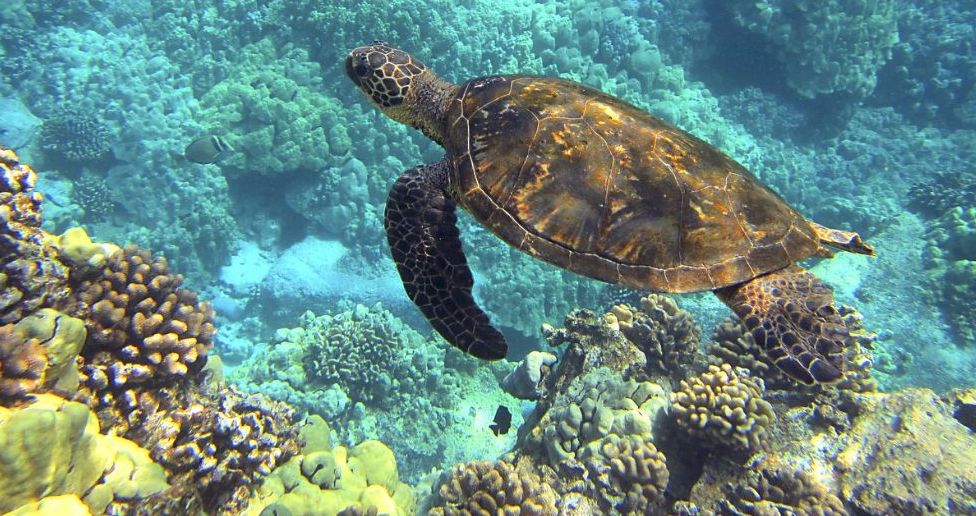Sea Save Foundation Amplifies Push for "High Seas Treaty" at UN General Assembly
Georgienne Bradley
At the heart of the global efforts to safeguard our oceans lies the High Seas Treaty, formally titled “Biodiversity Beyond National Jurisdiction” or BBNJ. This treaty is not just another document but a critical framework that introduces stringent requirements to conduct environmental impact studies for proposed activities on the high seas. Sea Save Foundation, being a key advocate for ocean conservation, underscores the significance of the BBNJ treaty alongside a coalition of international partners.
The current session of the United Nations General Assembly presents a golden opportunity. The collective hope of Sea Save Foundation and its allies is that nations will ratify the BBNJ treaty during this session. The urgency cannot be overstated; once approved by the necessary nations, the treaty will spring into action 120 days after its approval. Time is of the essence, and the countdown has begun.

Sea Save, while playing a significant role in these efforts, is joined by an array of global supporters and influencers. The treaty’s potential impact is vast, spanning from conserving the vast stretches of the high seas, which encompass nearly half of our planet, to ensuring responsible activities in these waters.
Sigourney Weaver, lending her voice, emphasized the watershed moment we’re approaching: “With the BBNJ, we have a blueprint for the future of our oceans. But its realization hinges on swift, collective action.”
Belgium’s Deputy Prime Minister, Vincent van Quickenborne, echoed the urgency: “Our oceans are a global treasure. The BBNJ is a step towards their protection, and we simply can’t afford delays.”

Nichola Clark of The Pew Charitable Trusts’ Ocean Governance Project and Mads Christensen of Greenpeace International further emphasized the dire need for countries to act without delay, marking 2025 as a pivotal year for global ocean conservation.
Sea Save Foundation, in collaboration with global partners, recognizes that championing the BBNJ treaty transcends oceanic conservation — it’s a commitment to the health and future of our planet. As the UN General Assembly proceeds, the hope is that the world’s leaders will heed the urgent call and make history by ratifying the BBNJ treaty. The clock is ticking, and our oceans await a secure future.




